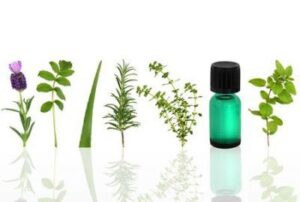Abscesses: An Abscess is any accumulation of pus. This usually occurs in a body cavity and often causes swelling and inflammation. There are a lot of traditional cures for abscesses and some are stranger than others. Using a hot poultice made from bread and milk is commonly used (also used for boils) because it brings the abscess to a head. Some use a beaten egg with three tablespoonfuls of white flour which is cooked slowly and carefully formed into a white paste. This paste is then spread on a piece of cloth or gauze and placed on the affected area. This application is repeated every three hours.
Various herbs, either combined or used separately, are also turned into a poultice to remedy abscesses. These include comfrey, marshmallow root, chickweed, slippery elm and plantain. Certain vegetables were also used for abscesses and boils. Hot poultices made of raw carrots or crushed boiled turnips are used. A paste of mashed and cooked are spread on a piece of cloth ad applied on the abscess or boil. Eucalyptus oil and onion juice are also applied externally.
On the stranger side, one traditional remedy involves taking a small quantity of snails and boiling them in ground salt. The paste that is formed is then applied to the abscess or boil.
Anemia: Anemia is unofficially known as low blood count or bloodlessness. This is a condition wherein there is an inadequacy of red blood cells, the cells that contain hemoglobin, circulating in the body. This is caused either by a slow production of red blood cells or prolonged loss of blood.
Traditional cures of anemia include dandelion tea and nettle tea which is rich in iron and is often sweetened with honey. An infusion of herbs could be taken also as an alternative. These herbs include alfalfa, dandelion root, rose-hip, centaury, yellow dock and watercress. Yellow dock is very rich in iron.
Watercress is also abundant in iron and is considered a good cure for anemia and so are cabbages, carrots apples and onions. Ancient cures for this condition also consist of comfrey, angelica, fenugreek, fumitory, barberry and St. Johns wort.
About the author
Michael Russell

